Key Takeaways For Veterinary Treatments vs Supplements
- Quality pet supplements can cost 50-70% less than prescription medications while effectively addressing many common health issues without requiring a Veterinary consultation or medical prescription fees
- Natural pet supplements like those from JP's Natural Pet Supplements offer effective alternatives for preventative care and minor and chronic health concerns
- Supplements work best for preventative care and maintenance of chronic conditions, while acute or severe conditions require veterinary intervention
- Understanding the regulation differences between supplements and medications helps pet owners make safer, more informed choices
- Creating a balanced approach that combines strategic supplement use with necessary veterinary care provides the most cost-effective pet healthcare
The rising cost of pet healthcare has many owners searching for affordable alternatives without compromising their furry friends' well-being. Between routine costly checkups, emergency visits, and ongoing medications, pet care expenses can quickly add up to hundreds or even thousands per year. Finding the balance between quality care and affordability has become a critical concern for responsible pet owners.
Pet Health Care Costs Are Skyrocketing: What Every Owner Needs to Know
Pet healthcare costs have increased by over 28% in the past five years, with the average dog owner spending £1,875 annually on veterinary care alone. This upward trend shows no signs of slowing, forcing many pet parents to make difficult financial decisions. The most significant expenses typically come from costly prescription medications, specialist consultations, and emergency treatments—costs that can quickly deplete savings or lead to difficult choices about care.
While comprehensive veterinary care remains essential, many pet owners are discovering that quality supplements can fill significant gaps in their pet's healthcare regimen. Natural supplement options have expanded dramatically, with targeted formulations for joint health, digestive issues, anxiety, and immune support becoming increasingly accessible. These alternatives often cost a fraction of prescription medications without the cost of a veterinary prescription or consultation, while delivering meaningful improvements in pet wellness.
Boswellia serrata and Green-lipped Mussel support joint health in dogs and cats
Boswellia serrata


Understanding when supplements can effectively replace or complement veterinary interventions is key to managing costs while maintaining excellent care. By making informed decisions about which health concerns require professional medical attention and which can be addressed with high-quality supplements, pet owners can significantly reduce their annual healthcare spending without compromising their pet's well-being.
Natural Supplements vs Prescription Medications: The Real Differences
The fundamental distinction between natural supplements and prescription medications lies in their development, regulation, and intended use. Prescription medications undergo rigorous clinical trials, require veterinary oversight, and typically target specific conditions with powerful active ingredients. They're designed to treat diagnosable medical conditions rather than support overall wellness, which explains their higher cost and stricter regulation.
Natural supplements like those from JP's Natural Pet Supplements take a more holistic approach, using plant-based and naturally-derived ingredients to support bodily functions and address imbalances. While they may work more gradually, many supplements contain clinically studied ingredients like glucosamine, omega-3 fatty acids, and probiotics that have demonstrated efficacy for specific concerns. These supplements work with your pet's biology rather than overriding it, which often means fewer side effects.
How Supplements and Medications Actually Work
Prescription medications typically work through direct biochemical intervention—antibiotics kill bacteria, anti-inflammatories block specific pain pathways, and steroids suppress immune responses. This targeted approach delivers rapid results but may also disrupt other bodily systems, leading to side effects. The potency of these medications makes them essential for acute or severe conditions where immediate intervention is necessary.
Natural supplements function differently, providing the body with beneficial compounds that support natural healing processes. For example, joint supplements deliver building blocks like glucosamine and chondroitin that help repair cartilage, while probiotics restore beneficial gut bacteria that aid digestion. This supportive approach works best for gradual improvement or maintaining wellness rather than treating acute conditions.
The timeline for visible results also differs significantly. Prescription medications often show effects within hours or days, while supplements typically require consistent use over weeks or months to demonstrate their full benefits. This longer timeline makes supplements less suitable for urgent situations but ideal for ongoing maintenance and prevention.
Regulation Standards: Why They Matter for Your Pet's Safety
The regulatory landscape for pet health products varies dramatically between medications and supplements. Prescription medications must undergo extensive safety and efficacy testing before receiving approval for veterinary use. This rigorous process ensures consistent potency, predictable effects, and thorough documentation of potential side effects—but also contributes significantly to their higher cost.
Pet supplements face less stringent regulation, creating both opportunities and challenges for discerning owners. The reduced regulatory burden allows for greater innovation and lower prices, but also means quality can vary substantially between brands. Reputable supplement manufacturers voluntarily adhere to Good Manufacturing Practices (GMP), conduct third-party testing, and maintain transparent ingredient sourcing.
When evaluating supplement options, look for manufacturers who exceed minimum requirements by providing certificates of analysis, conducting clinical studies, or maintaining veterinary oversight in their formulation process. These quality indicators help ensure you're getting a product that delivers genuine benefits rather than merely attractive marketing claims.
Price Comparison: Breaking Down the True Cost
The price differential between supplements and prescription medications can be substantial. For example, a month's supply of prescription joint medication might cost £50-80, while a high-quality joint supplement providing similar relief might range from £20-35. This cost difference becomes even more significant for chronic conditions requiring ongoing treatment, potentially saving hundreds of pounds annually.
However, direct price comparison doesn't tell the complete story. Supplements often require more extended treatment periods to achieve full effectiveness, and some conditions will ultimately need both approaches for optimal management. The accurate cost-benefit analysis should consider not just the immediate price but long-term efficacy, potential reduction in veterinary visits, and improved quality of life for your pet.
It's also worth noting that preventative supplementation may help avoid costly veterinary interventions altogether. Regular use of joint supplements, for instance, might delay or prevent the need for pain medications or surgical procedures as your pet ages. This preventative approach represents perhaps the most significant potential for cost savings while maintaining excellent care.
When to Choose Supplements Over Vet Visits
Making smart decisions about when supplements can stand in for veterinary care requires understanding the boundaries of each approach. Supplements excel in three key areas: preventative care, minor ongoing health issues, and maintenance of previously diagnosed chronic conditions. By recognising these scenarios, pet owners can make confident choices that both protect their pet's health and their financial well-being.
Preventative Care Situations
Preventive supplementation represents one of the most cost-effective approaches to pet healthcare. For ageing dogs showing early signs of joint stiffness, natural supplements containing glucosamine, chondroitin, and MSM can help maintain mobility before pain becomes severe enough to require prescription medication. Similarly, omega-3 supplements support skin, coat, and immune health, potentially preventing costly allergy treatments or infections.
Digestive health supplements containing probiotics and digestive enzymes can prevent common gastrointestinal upsets that might otherwise result in veterinary visits. This approach is particularly valuable for pets with sensitive stomachs or those prone to dietary indiscretions. By maintaining gut health proactively, these supplements help avoid the stress and expense of repeated digestive issues.
Immune support supplements featuring antioxidants, medicinal mushrooms, or herbs like echinacea can strengthen your pet's natural defences during seasonal transitions or periods of stress. This preventative approach may reduce the frequency of common infections and support overall resilience, saving on potential sick visits to the vet.
Minor Health Issues Suitable for Supplement Treatment
Several common pet health concerns respond well to quality supplements, often eliminating the need for veterinary intervention. Mild anxiety in pets can frequently be managed with natural calming supplements containing ingredients like L-theanine, chamomile, or CBD (Only a Vet can prescribe CBD oil for animals in the UK). These gentle options help pets cope with thunderstorms, visitors, or separation anxiety without the side effects associated with prescription sedatives.
Occasional joint stiffness in otherwise healthy pets often responds positively to comprehensive joint supplements, especially those containing anti-inflammatory ingredients like Boswellia serrata or turmeric alongside traditional joint-supporting compounds. For pets showing early signs of age-related mobility changes, these supplements can provide meaningful relief before prescription-strength intervention becomes necessary.
Minor skin irritations and seasonal itchiness frequently improve with supplements containing omega fatty acids, biotin, and natural antihistamines like quercetin. When combined with appropriate bathing and environmental management, these supplements often resolve mild dermatological issues without requiring veterinary prescription medications or extensive diagnostics.
Long-term Maintenance for Chronic Conditions
Pets with previously diagnosed chronic conditions often benefit from supplements as part of their ongoing management plan. After obtaining proper veterinary diagnosis and initial treatment, many stable chronic conditions can be maintained with a combination of lifestyle adjustments and targeted supplementation. This approach often allows for reduced medication dosages or frequency, lowering both costs and potential side effects.
For example, pets with managed inflammatory bowel disease may maintain remission with specific probiotic strains and anti-inflammatory supplements after initial veterinary treatment has stabilised their condition. Similarly, pets with controlled arthritis might extend the interval between medication refills by incorporating comprehensive joint supplements into their daily routine.
Liver and kidney support supplements containing milk thistle, phosphatidylcholine, and antioxidants can play a valuable role in maintaining organ function for pets with early-stage or managed chronic conditions affecting these systems. While these supplements cannot replace monitoring and medication for advanced disease, they can complement conventional care and potentially slow progression in earlier stages.
When a Vet Visit is Non-Negotiable
While supplements offer valuable support for many pet health concerns, certain situations require professional veterinary care. Recognising these non-negotiable scenarios is crucial for responsible pet ownership and prevents dangerous delays in necessary treatment. No supplement, regardless of quality, can substitute for veterinary care in these circumstances.
Emergency Warning Signs You Shouldn't Ignore
Specific symptoms indicate potential emergencies that demand immediate veterinary attention. Difficulty breathing, collapse or severe weakness, uncontrolled bleeding, severe trauma, or suspected poisoning all require urgent professional care rather than home supplementation. Similarly, sudden inability to urinate, severe vomiting or diarrhoea (especially with blood), seizures, or signs of extreme pain should trigger an immediate vet visit.
Abdominal distension or a bloated, hard stomach—particularly in deep-chested breeds—could indicate gastric dilatation-volvulus (GDV), a life-threatening emergency requiring surgical intervention. Changes in consciousness, severe limping after injury, or significant behaviour changes should also prompt immediate professional assessment rather than attempts at home treatment.
Remember that emergencies often worsen rapidly and delaying care while attempting supplement interventions can significantly decrease survival chances or lead to more complex, expensive treatments. When true emergencies arise, head directly to your Veterinary emergency clinic without delay.
Conditions That Require Professional Diagnosis
Many health conditions require specific diagnostic procedures that only veterinary professionals can perform. Persistent symptoms like ongoing weight loss, chronic vomiting, progressive lameness, or changes in urination patterns need proper medical investigation before any treatment plan—including supplements—can be effectively implemented. Without an accurate diagnosis, even high-quality supplements may target the wrong underlying issue.
Unusual lumps, bumps, or growths should always be evaluated professionally, as these could represent anything from benign cysts to malignant tumours. Similarly, chronic ear infections, persistent coughing, or recurring skin infections typically indicate underlying conditions that require professional identification and targeted treatment approaches.
- Endocrine disorders (diabetes, thyroid issues, Cushing's disease)
- Infectious diseases requiring specific antibiotics or antivirals
- Neurological conditions affecting coordination or mental function
- Heart conditions presenting with coughing, exercise intolerance, or fainting
- Chronic pain conditions requiring targeted pain management
Once correctly diagnosed, many of these conditions can incorporate appropriate supplements as complementary care, but the initial diagnosis and treatment plan should always come from a veterinary professional equipped with the necessary diagnostic tools and expertise.
When Prescription Medications Are Essential
Some pet health situations specifically require the potency and targeted action of prescription medications. Bacterial infections typically need appropriate antibiotics selected based on the infection type and location. Similarly, severe pain from injuries, surgery, or advanced arthritis demands proper veterinary pain management rather than relying solely on supplements that work more gradually. Certain chronic conditions like epilepsy, diabetes, or advanced heart disease require consistent prescription medication to maintain quality of life and prevent life-threatening complications.
Innovative Ways to Reduce Veterinary Costs
While some veterinary care is non-negotiable, numerous strategies can help minimise these expenses without compromising your pet's health. Combining thoughtful preventative care, strategic service shopping, and insurance considerations can dramatically reduce your overall pet healthcare budget while still providing excellent care.
Pet Insurance: Is It Actually Worth It?
Pet insurance represents a significant investment, with premiums ranging from £10-50 monthly depending on coverage level, pet age, and breed. For many owners, the value proposition hinges on their pet's specific risk factors and their own financial situation. Breeds predisposed to hereditary conditions or working/sporting dogs with higher injury risks often justify the premium costs through substantial savings on major treatments.
When evaluating insurance options, look beyond the monthly premium to understand coverage limitations, exclusions, and reimbursement structures. Some policies exclude preventative care, hereditary conditions, or impose breed-specific restrictions that might render them less valuable for your particular pet. Others offer wellness add-ons that cover routine vaccinations, dental cleanings, and preventative medications—potentially providing better overall value than accident-only coverage.
For many pet owners, a middle-ground approach works best: maintain a dedicated pet emergency fund for unexpected expenses while using quality supplements and preventative care to minimise routine health issues. This self-insurance model provides financial security without the ongoing premium costs, especially for young, healthy pets from breeds with fewer hereditary concerns.
Preventative Care Packages
Many veterinary practices now offer preventative care packages that bundle routine services at discounted rates. These packages typically include annual examinations, vaccinations, parasite prevention, and basic screening tests for a fixed monthly or yearly fee. By prepaying for these essential services, pet owners often save 15-25% compared to purchasing each service separately while ensuring their pets receive consistent preventative care.
These packages offer specific benefits for young pets requiring multiple vaccinations or senior pets needing more frequent monitoring. When combined with appropriate supplementation for preventative support, these structured care plans create a comprehensive wellness approach that often prevents more expensive health issues from developing.
Telemedicine Options for Pets
Veterinary telemedicine has expanded dramatically, offering convenient, affordable consultations for appropriate situations. Virtual appointments typically cost 30-50% less than in-person visits and can effectively address minor concerns, medication refills, or follow-up consultations. Many telehealth platforms also provide unlimited messaging with veterinarians for monthly subscription fees, creating exceptional value for pet owners with frequent questions or ongoing condition management needs.
While telemedicine cannot replace physical examinations for many conditions, it provides an excellent triage tool to determine whether in-person care is necessary. This approach prevents unnecessary clinic visits while ensuring pets receive timely professional guidance when symptoms arise. When combined with appropriate home monitoring and quality supplements, telemedicine creates a comprehensive, cost-effective care approach for many common pet health concerns.
Comparison Shopping for Medications
Prescription medication prices can vary dramatically between providers, with markups ranging from 100% to 300% at some veterinary practices. Once your pet has a valid prescription, compare prices at online pet pharmacies, warehouse clubs, and human pharmacies that fill pet medications. These alternatives often offer the identical medications at 30-60% discounts compared to veterinary clinic pricing, particularly for long-term maintenance medications.
Many manufacturers also offer rebate programs, discount cards, or subscription savings that further reduce costs for ongoing medications. Ask your veterinarian about these programs, as they may not be advertised prominently but can provide substantial savings. For drugs that must be continued long-term, even small per-dose savings accumulate into significant amounts over your pet's lifetime.
Ask About Generic Alternatives
Generic medications provide identical active ingredients at substantially lower costs than brand-name equivalents. When your veterinarian prescribes medications, specifically ask whether generic alternatives exist and how they might affect your pet's treatment outcomes. For many common conditions, generic options work identically to their brand-name counterparts while reducing costs by 40-80%.
Similarly, ask about therapeutic alternatives when multiple medication options exist for your pet's condition. Different drugs within the same therapeutic class often have dramatically different price points, and your veterinarian can usually suggest more affordable alternatives that provide comparable benefits. This collaborative approach ensures your pet receives effective treatment that respects your financial considerations.
How to Choose Quality Supplements That Actually Work
Quality Supplement Checklist:
✓ Transparent ingredient sourcing
✓ Specific active ingredient amounts (not proprietary blends)
✓ Third-party testing for potency and purity
✓ GMP-certified manufacturing facilities
✓ Research-supported ingredient selection
✓ Species-specific formulations
✓ Clear dosing instructions by weight
The supplement market includes both exceptional products and questionable formulations with minimal active ingredients. The key difference lies in transparent manufacturing practices, ingredient quality, and formulation expertise. High-quality supplements like those from JP's Natural Pet Supplements provide specific information about ingredient sourcing, manufacturing standards, and the research supporting their formulations—not just marketing claims about benefits.
Effective supplements contain therapeutic amounts of active ingredients rather than minimal "fairy dust" quantities that allow for impressive label claims without delivering results. Look for products that clearly state the amount of each active ingredient, allowing you to compare against research-supported therapeutic dosages. This transparency indicates manufacturers focused on results rather than merely selling products.
Beyond ingredients, the delivery method significantly impacts supplement effectiveness. Consider whether your pet will consistently accept the supplement form (chew, powder, liquid, capsule) and whether the active ingredients in that form will be properly absorbed. The most potent ingredients are ineffective if your pet refuses the supplement or if the bioactive compounds aren't properly absorbed.
Red Flags That Signal Poor Quality
Several warning signs suggest supplements are unlikely to provide meaningful benefits despite their marketing claims. Products listing "proprietary blends" without specifying individual ingredient amounts typically contain minimal quantities of the most expensive active ingredients. Similarly, supplements making extraordinary claims about "curing" specific conditions rather than supporting health functions generally oversell their actual capabilities.
Manufacturing location and standards provide essential quality indicators. Supplements produced in unregulated facilities or countries with limited quality oversight often contain inconsistent ingredient amounts or even harmful contaminants. Reputable manufacturers voluntarily adhere to human-grade production standards and readily provide information about their manufacturing facilities and quality control processes.
Customer service responsiveness also reflects overall company quality. Manufacturers confident in their products willingly answer specific questions about ingredient sourcing, testing protocols, and appropriate usage. Hesitation or vague responses to these inquiries often indicate products unlikely to deliver meaningful benefits regardless of their marketing claims or packaging appeal.
Must-Have Ingredients for Common Pet Health Issues
Effective joint supplements should contain therapeutic levels of glucosamine (at least 500mg for medium dogs), chondroitin, MSM, and anti-inflammatory ingredients like Boswellia or turmeric. These core components support cartilage regeneration while reducing inflammation that causes discomfort. Products lacking these foundational ingredients or containing them in minimal amounts rarely provide noticeable improvement regardless of other additives.
Digestive health supplements require specific probiotic strains proven beneficial for pets (not just human-oriented strains), preferably with prebiotic fibres that support their growth. Quality products specify the CFU (colony-forming units) count and guarantee potency through the expiration date, not just at manufacturing. For specific digestive issues, additional ingredients like slippery elm, pumpkin, or digestive enzymes provide targeted benefits beyond basic probiotics.
Skin and coat supplements should deliver meaningful amounts of omega-3 fatty acids (particularly EPA and DHA), typically from fish oil or algae sources rather than flax alone, which pets convert inefficiently. These essential fatty acids reduce inflammation while supporting skin barrier function and coat health. Quality products specify the actual EPA/DHA content rather than just the total fish oil amount, as processing quality dramatically affects these crucial active components.
Decoding Pet Supplement Labels
Supplement labels contain crucial information beyond the marketing claims on the front panel. The ingredient list reveals the actual components in descending order by weight, often exposing products that contain primarily inexpensive fillers with minimal active ingredients. Look for specific forms of ingredients rather than vague terms. For example, "Green-lipped mussel extract" provides more information than simply "mussel powder," which could contain primarily shell material with minimal bioactive compounds.
Guaranteed analysis sections on quality supplements specify the minimum percentages or amounts of key active ingredients, allowing comparison between products. This transparency indicates manufacturers are confident in their formulations rather than those hiding behind proprietary blends or vague descriptions. For complete evaluation, compare these stated amounts against research-supported therapeutic dosages for your pet's specific size and condition.
Manufacturing information, including lot numbers, expiration dates, and production location, provides essential quality indicators. Reputable manufacturers include contact information for consumer questions and willingly offer additional details about their testing protocols, quality standards, and ingredient sourcing when requested. This transparency reflects overall company integrity and product reliability.
Creating Your Pet's Cost-Effective Healthcare Plan
Sample Annual Healthcare Budget:
Annual veterinary exam with core vaccines: £80-120
Parasite prevention (flea/tick/heartworm): £120-180
Dental care (home maintenance + cleaning): £100-300
Quality daily supplements (targeted to needs): £150-300
Emergency fund contribution: £300-500/year
Total basic annual healthcare: £750-1,400
The most effective pet healthcare approach combines strategic veterinary care with quality supplementation and preventative measures. Start by establishing your pet's baseline health status through a comprehensive veterinary examination, identifying any existing conditions or breed-specific risks that require monitoring. This foundation ensures your supplementation strategy addresses your pet's actual needs rather than generic concerns.
Once you understand your pet's specific health profile, create a calendar of essential veterinary services, including vaccinations, dental assessments, and screening tests appropriate for their age and risk factors. Supplements cannot replace these cornerstone services but can be scheduled strategically to manage costs while maintaining protection against serious health threats.
Between these essential veterinary touchpoints, implement a targeted supplementation regimen addressing your pet's specific preventative needs and any minor ongoing concerns. This approach maximises the benefits of both professional care and daily support, creating a comprehensive health strategy that optimises both outcomes and affordability.
Age-Specific Considerations
Young pets typically require more frequent veterinary visits for vaccinations and development monitoring, but fewer supplements unless specific concerns exist. Focus spending on quality nutrition, appropriate socialisation, and establishing baseline health records during these early years. As preventative measures, consider only basic supplements addressing developmental needs, such as omega-3s for brain development or probiotics for digestive establishment, rather than comprehensive supplement regimens.
Breed-Specific Health Needs
Different breeds face dramatically different health risks, requiring customised prevention strategies. Large-breed dogs often benefit from early joint supplementation to support developing musculoskeletal systems and prevent mobility issues later in life. Breeds prone to digestive sensitivity, like German Shepherds or Boxers, typically show excellent response to quality probiotic supplements that stabilise gut function and reduce inflammatory episodes.
Breeds with known cardiac concerns benefit from specific supportive nutrients like taurine, L-carnitine, and omega-3 fatty acids alongside appropriate veterinary monitoring. Similarly, breeds predisposed to specific organ issues might incorporate targeted supplements supporting those systems based on preventative bloodwork results rather than waiting for clinical symptoms to develop.
Balancing Prevention with Treatment
The most cost-effective healthcare approach emphasises prevention while maintaining financial reserves for necessary treatment. Allocate approximately 60-70% of your pet healthcare budget toward preventative measures—including quality nutrition, appropriate supplements, preventative veterinary care, and environmental management—while reserving the remainder for responding to unexpected health issues. This balanced approach prevents many expensive health crises while ensuring resources remain available for necessary interventions when preventative measures prove insufficient.
What Vets Think About Supplements
Veterinary perspectives on supplements have evolved significantly over recent years, with growing recognition of their appropriate role in comprehensive pet healthcare. Most modern Vets acknowledge that quality supplements can provide meaningful benefits for specific conditions when properly selected and administered. However, they emphasise that supplements work best as part of an integrated approach rather than standalone treatments for significant health issues.
The most progressive veterinary practitioners actively incorporate supplement recommendations into their treatment plans, particularly for chronic conditions where conventional medications alone provide incomplete resolution. These practitioners recognise that supplements often provide complementary mechanisms of action that enhance overall outcomes when combined with appropriate medical care. The key distinction lies in using supplements strategically rather than indiscriminately targeting specific health concerns with research-supported ingredients rather than expecting generalised "wellness" products to address all conditions.
Frequently Asked Questions
Pet owners naturally have many questions about effectively balancing supplements with veterinary care. The following answers address the most common concerns while emphasising responsible approaches that prioritise pet wellbeing alongside financial considerations.
Can I replace veterinary care entirely with supplements?
No, supplements cannot wholly replace professional veterinary care for several crucial reasons. Vets provide essential diagnostic capabilities, preventative treatments like vaccinations, and emergency interventions that no supplement can deliver. However, quality supplements can effectively complement veterinary care by addressing minor issues, supporting ongoing conditions between visits, and potentially reducing the frequency of specific problems that would otherwise require professional attention.
How can I tell if a pet supplement is effective?
Supplement effectiveness should be evaluated through observable improvements in specific symptoms or conditions rather than vague impressions. For joint supplements, look for increased willingness to climb stairs, longer walks without fatigue, or improved morning mobility. Skin and coat supplements typically show results through reduced scratching, improved fur texture, or decreased redness. Establish precise baseline observations before starting supplements, then evaluate specific changes after consistent use for the manufacturer's recommended period (typically 3-8 weeks, depending on the condition).
Are natural supplements safer than prescription medications?
Natural supplements typically have lower risk profiles than prescription medications but aren't automatically "safe" in all circumstances. Quality supplements from reputable manufacturers rarely cause serious adverse effects when properly administered, but they can still interact with medications, trigger allergic reactions, or cause digestive upset in sensitive individuals. The primary safety advantage of supplements lies in their wider therapeutic window—the difference between effective and harmful doses is typically much larger than with prescription medications, reducing the risk of serious consequences from minor dosing variations.
What's the average cost difference between supplements and prescription medications?
High-quality supplements typically cost 50-70% less than their prescription counterparts for similar conditions. For example, comprehensive joint supplements might cost £25-35 monthly compared to £60-100 for prescription joint medications. This cost difference becomes even more significant for long-term maintenance, potentially saving thousands over a pet's lifetime. However, this comparison applies only when the supplement appropriately addresses the condition—attempting to manage severe or acute issues with supplements alone often results in delayed proper treatment and potentially higher eventual costs.
Can I give my pet human supplements to save money?
Human supplements rarely provide appropriate formulations, dosages, or delivery methods for pets despite their apparent cost savings. Species differences in metabolism mean humans and pets process many compounds differently, creating both safety and efficacy concerns. Additionally, human supplements often contain ingredients safe for people but toxic to pets (like xylitol sweetener) or lack palatability features necessary for consistent administration. For both safety and effectiveness, choose supplements specifically formulated for pets by manufacturers with veterinary expertise.
Finding the right balance between supplements and veterinary care requires understanding your pet's specific needs, recognising the appropriate applications for each approach, and prioritising prevention alongside treatment. By creating a strategic healthcare plan incorporating both quality supplements and essential veterinary services, you can provide excellent care while managing costs effectively.
For pet owners seeking natural, effective supplements formulated by veterinary experts, JP's Natural Pet Supplements offers research-supported formulations addressing common health concerns without unnecessary fillers or questionable ingredients. Their commitment to quality and transparency makes them an excellent partner in your pet's comprehensive healthcare strategy.





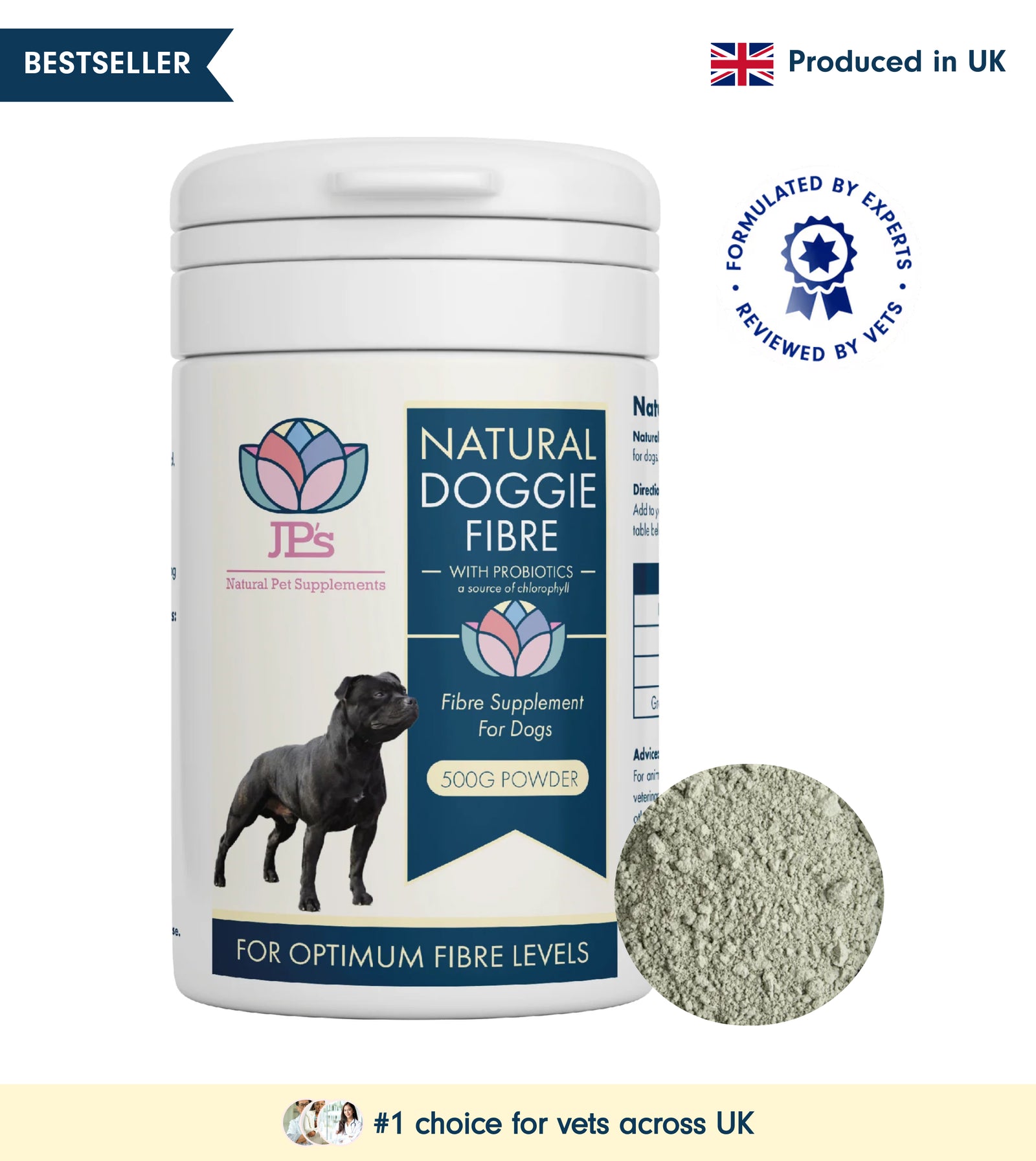
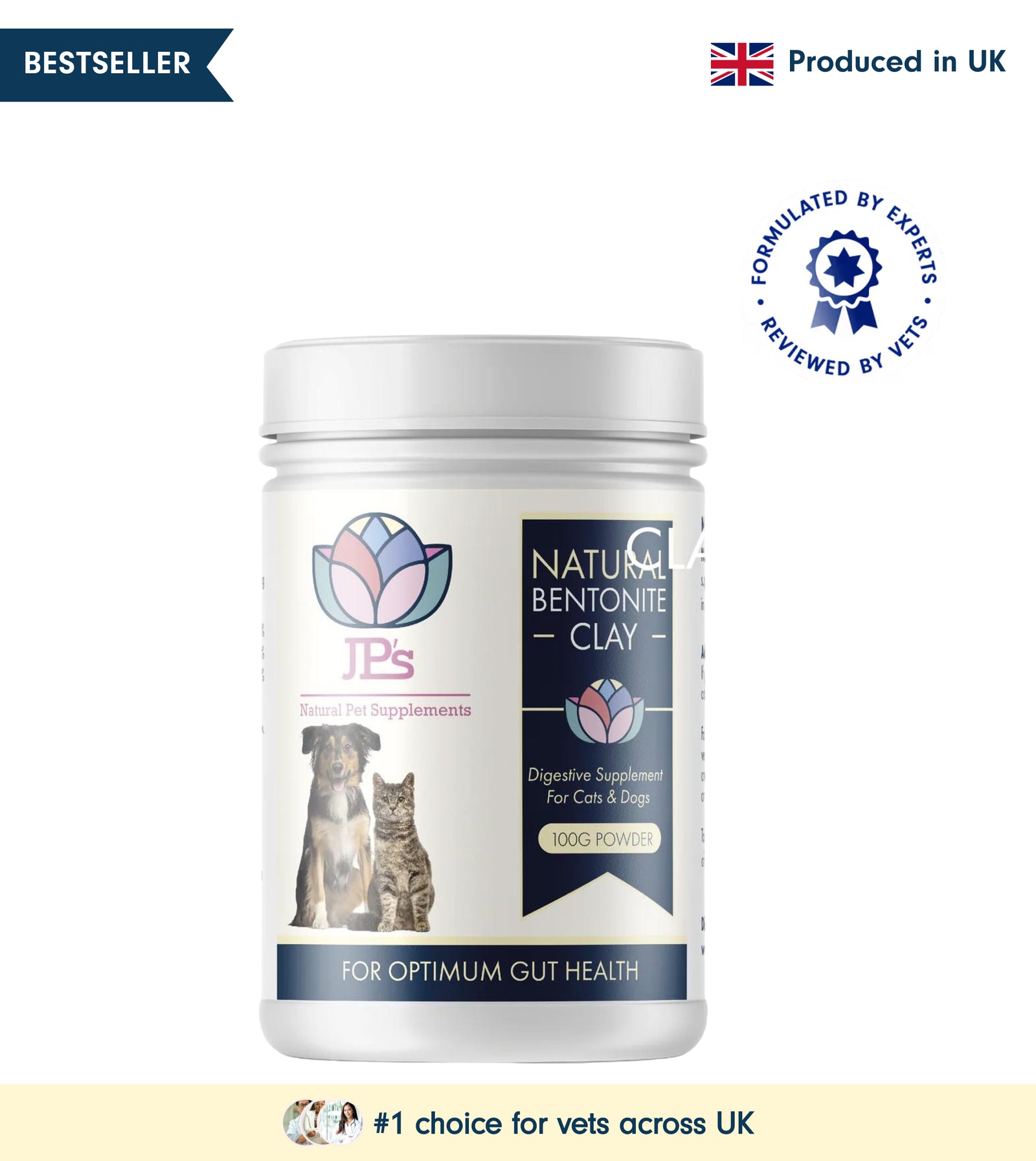
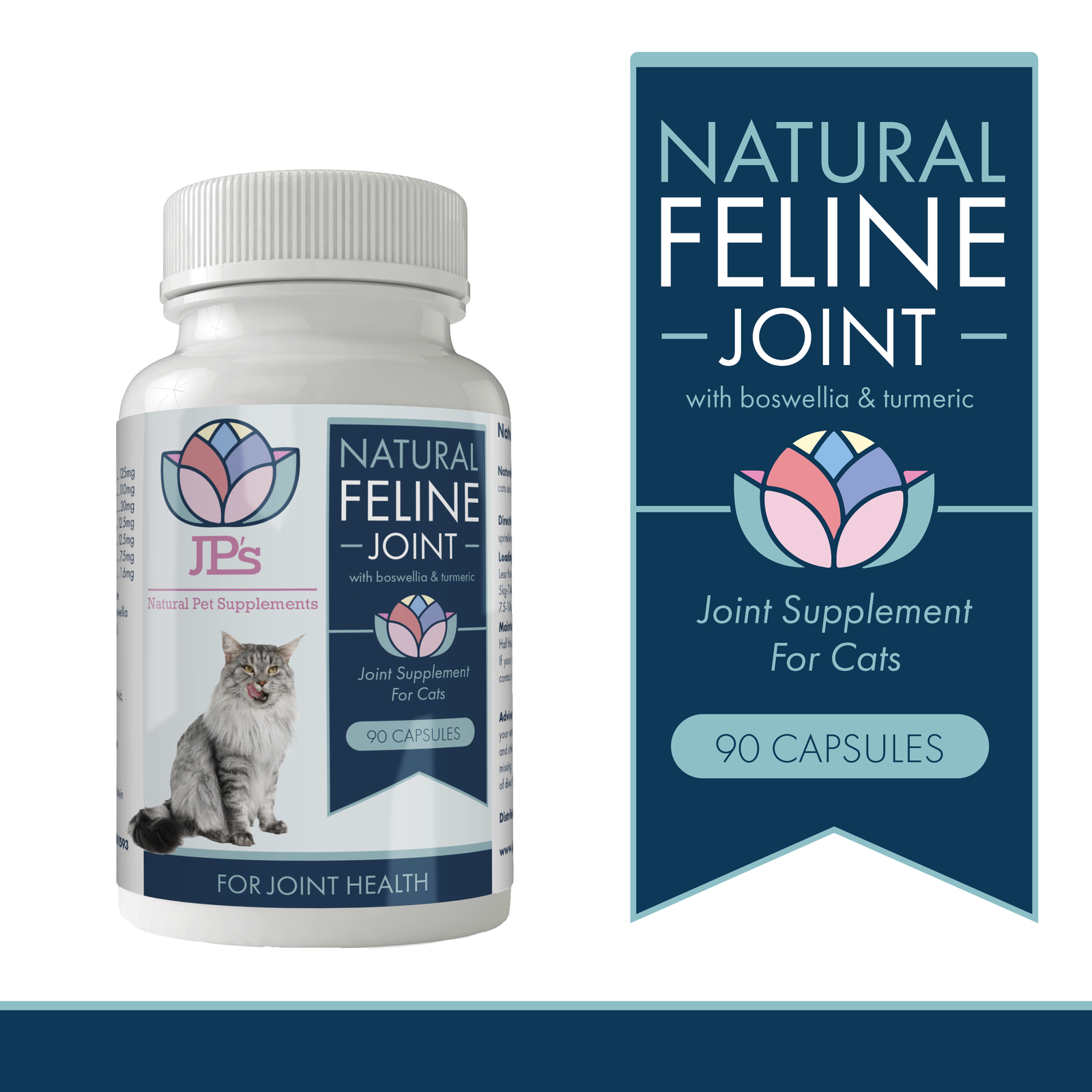
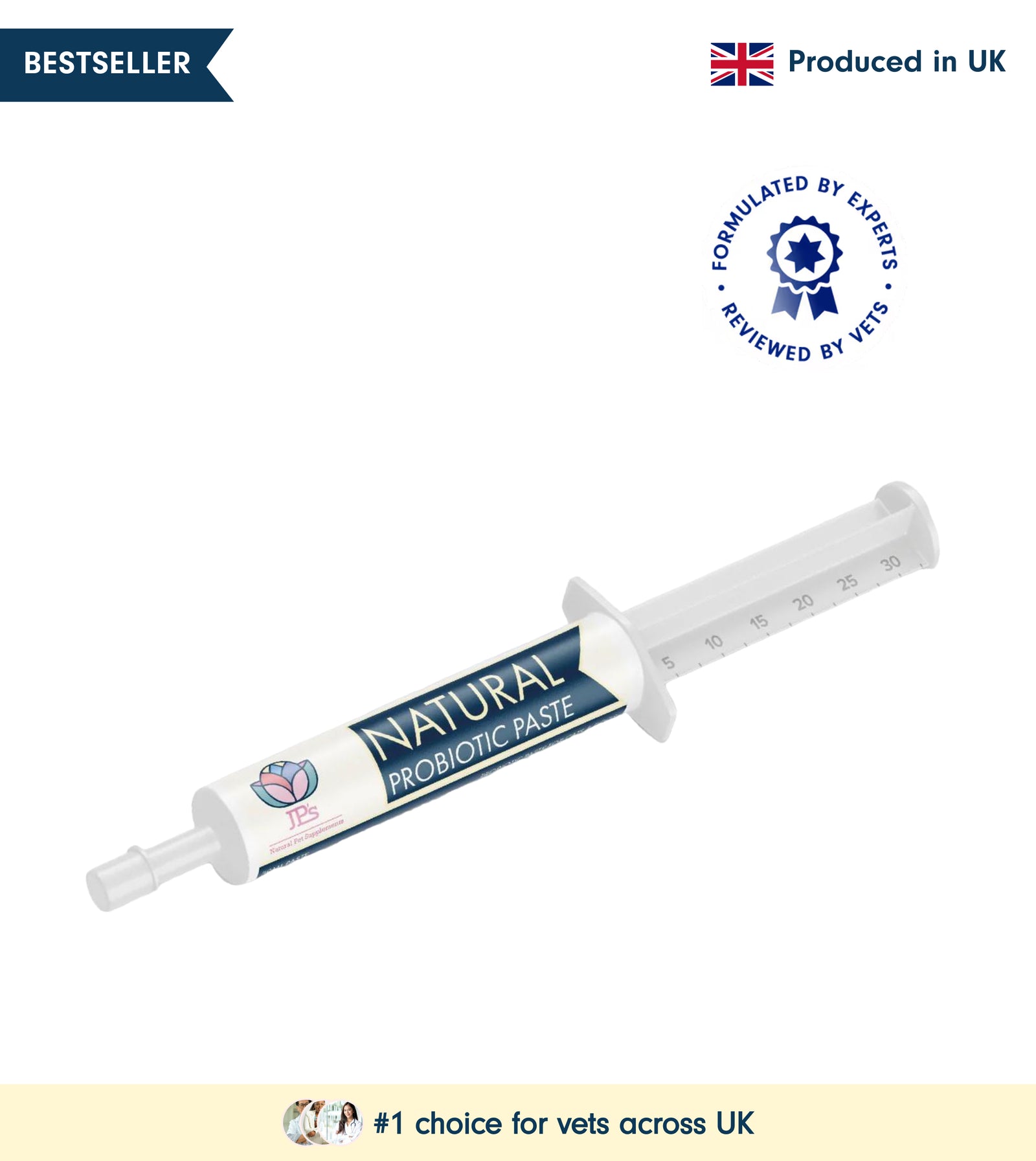
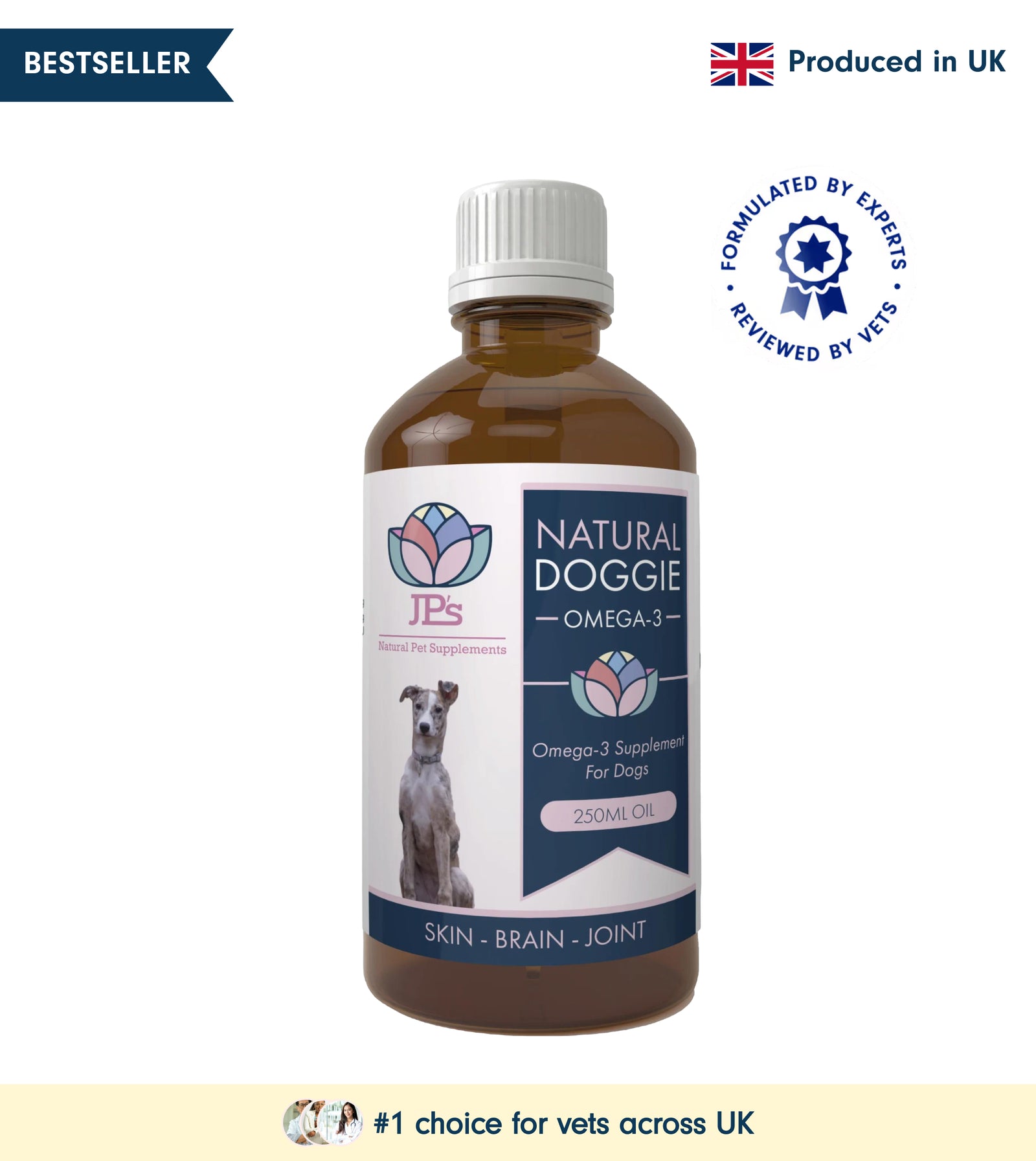
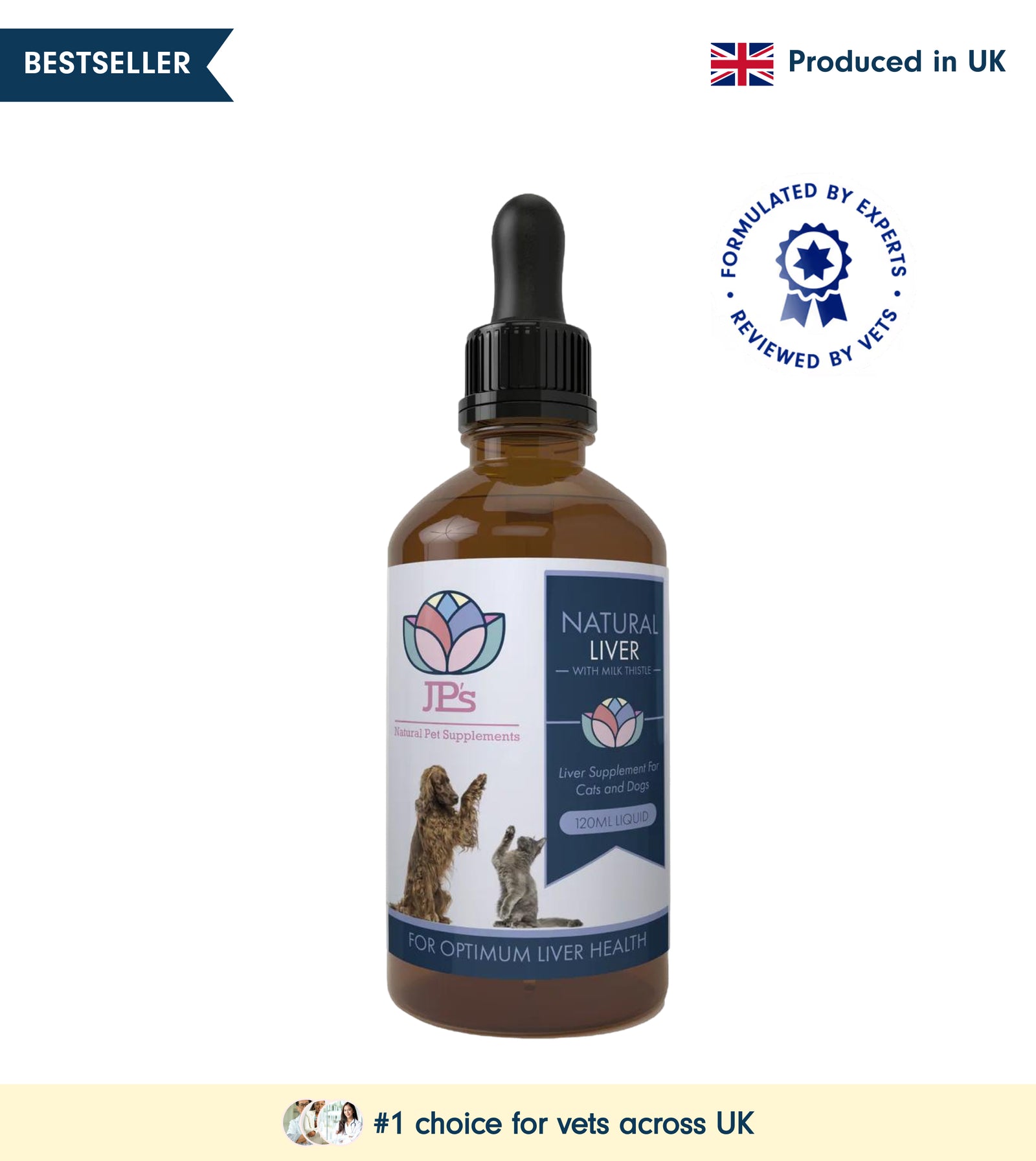
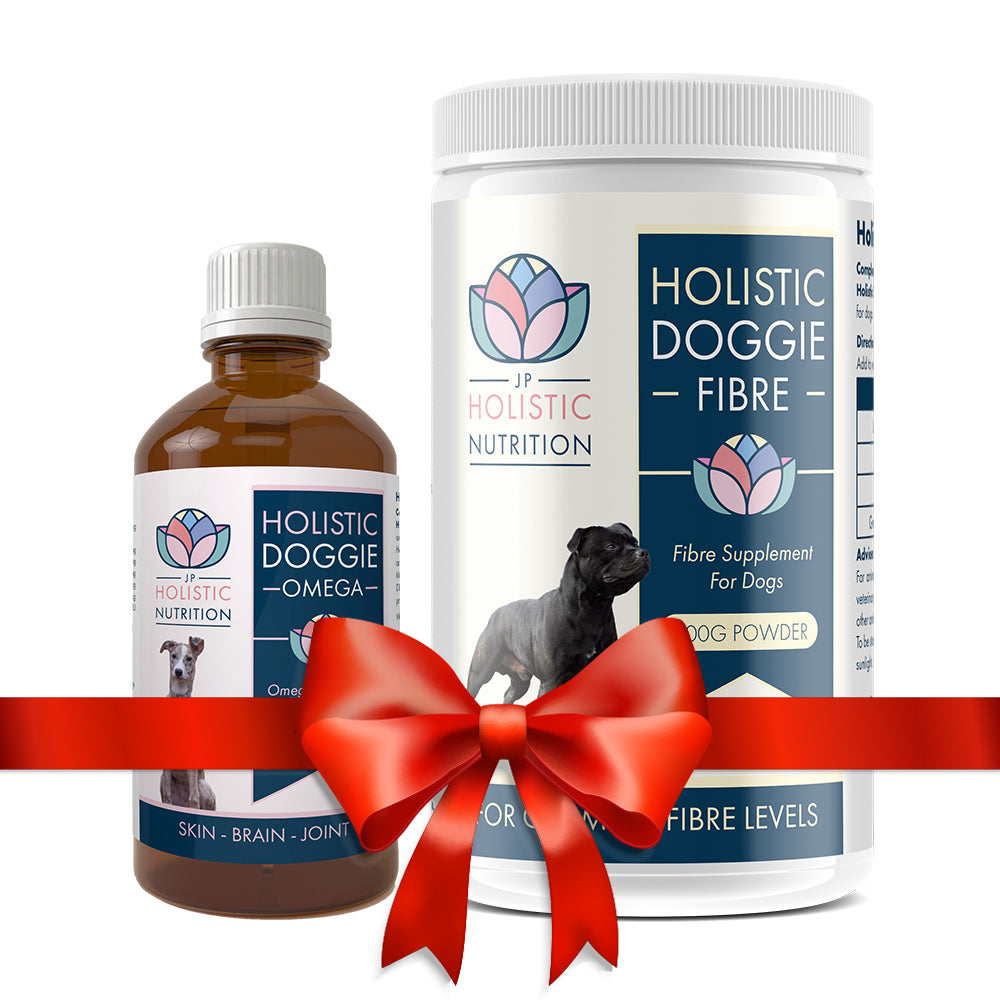
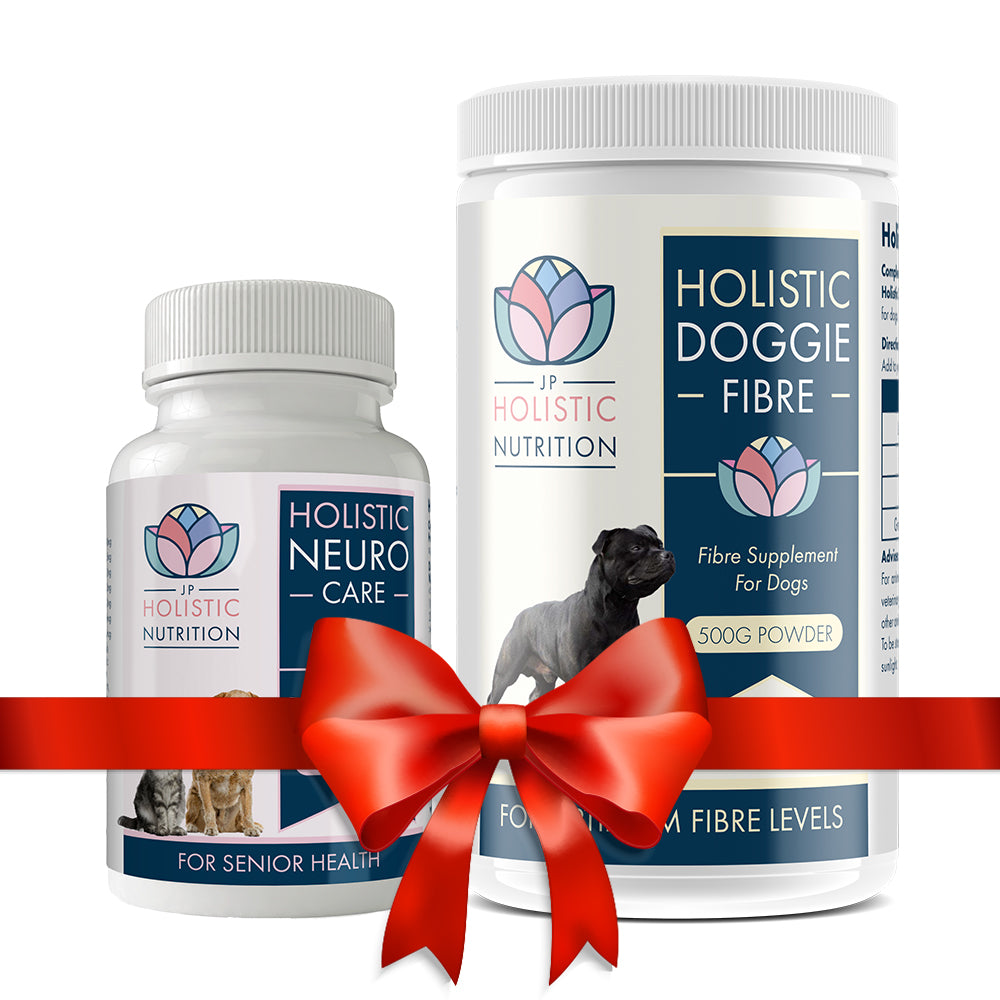
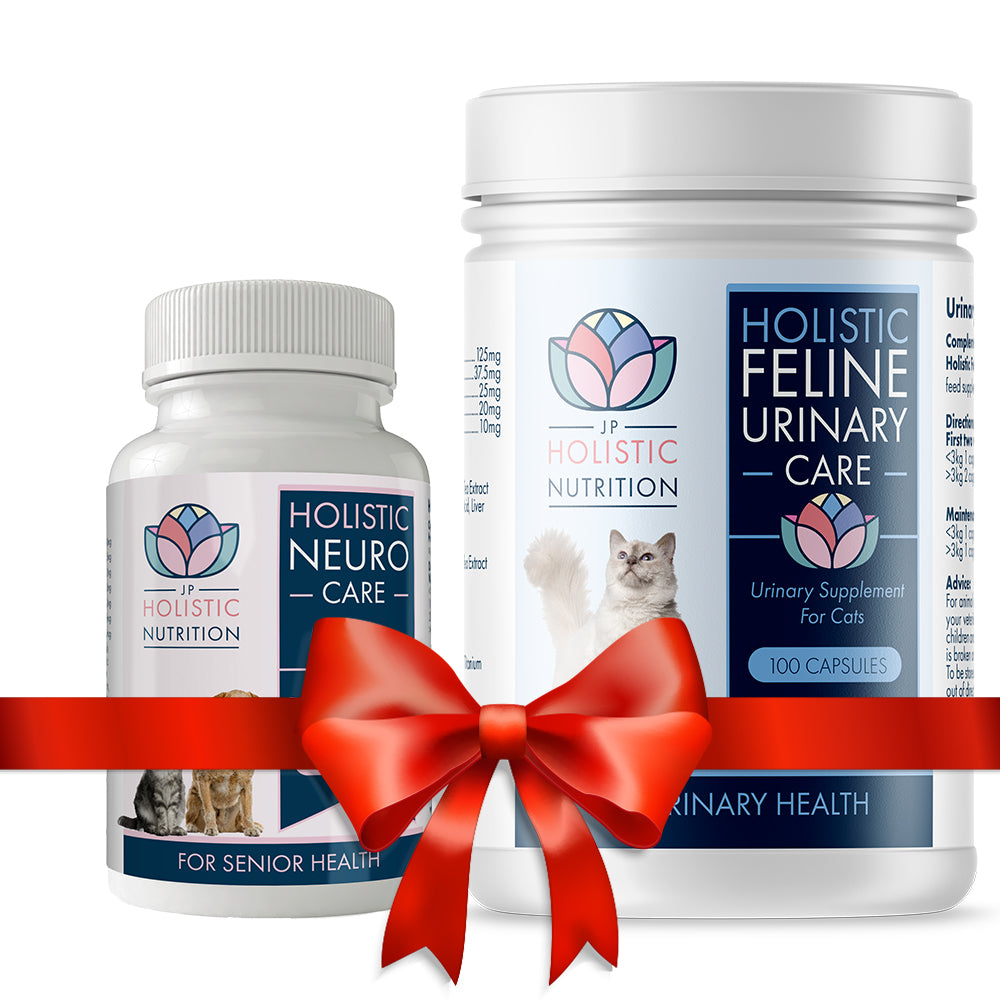
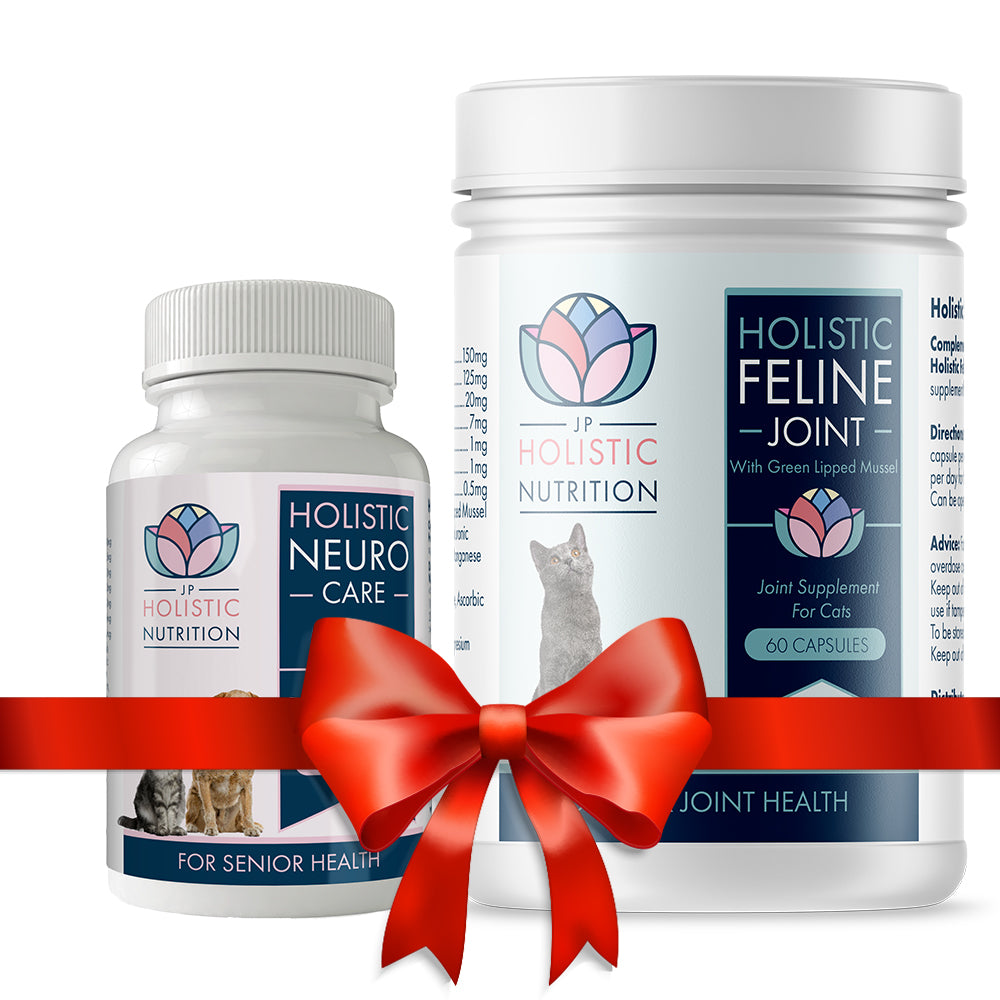





Leave a comment (all fields required)